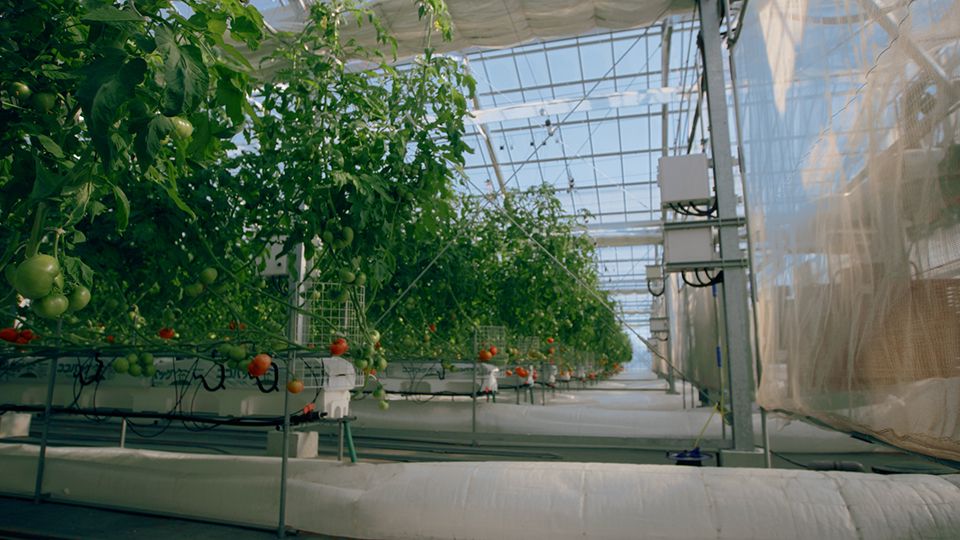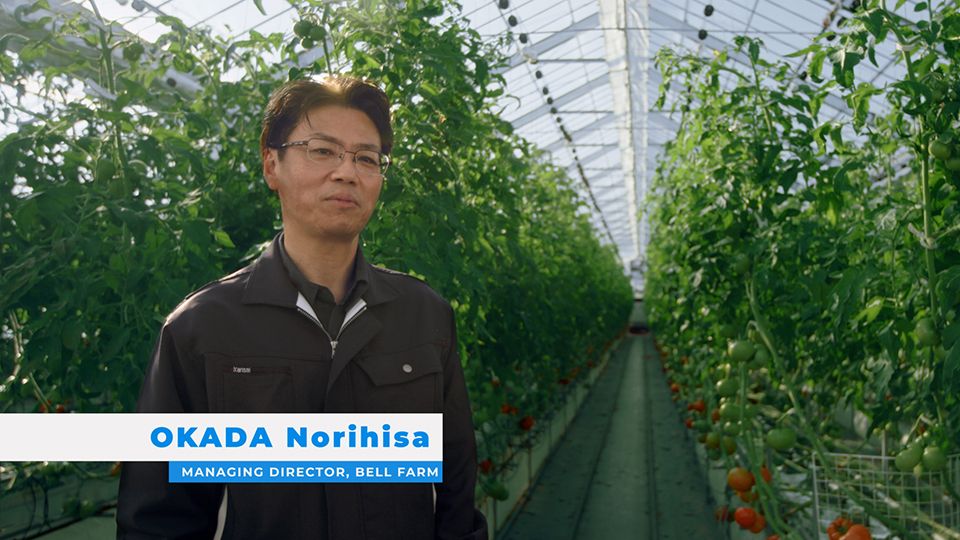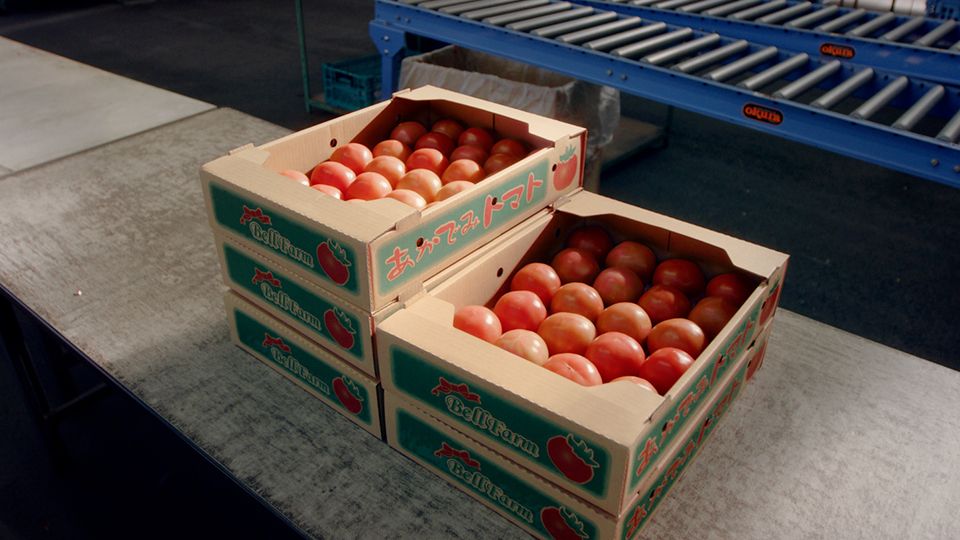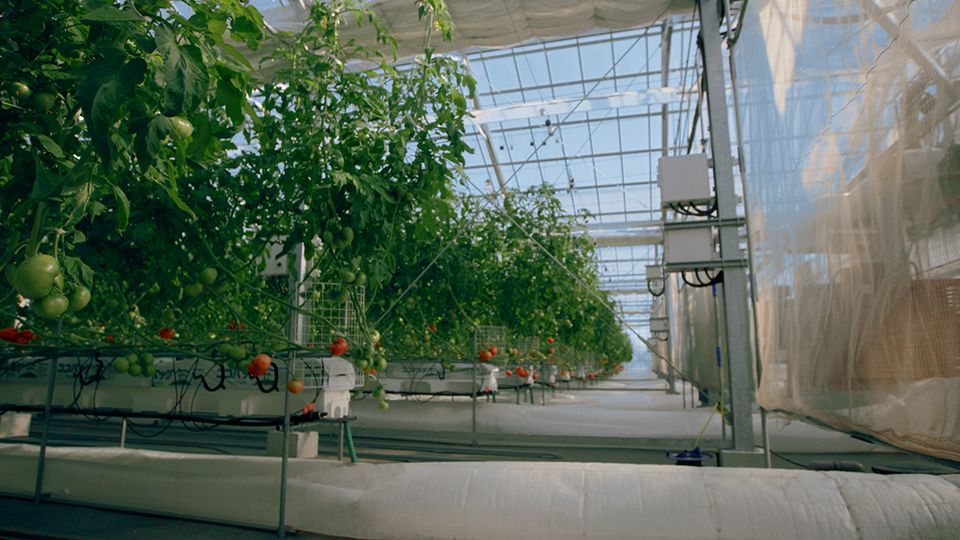How technology is transforming Japan’s agriculture
Japan’s manufacturing sector is renowned for cutting-edge techniques based on the philosophy of continuous improvement. In contrast, the nation’s agricultural sector is characterised by an ageing workforce that relies heavily on time-honoured practices. Now, however, industrial technology is helping modernise Japan’s agriculture sector and increase exports.
In 2019, Japan’s combined annual exports of agricultural, forestry and fisheries products and food were JP¥912.1 billion (US$8.79 billion), marking a record high for the seventh consecutive year. Yet Japan’s agricultural industry has even greater ambitions, with plans to reach export targets of JP¥2 trillion by 2025 (US$19.28 billion), and JP¥5 trillion (US$48.21 billion) by 2030. While these figures are impressive, conventional Japanese farming techniques are presently labour-intensive and the average age of farmworkers is almost 67.
Consequently, various stakeholders are exploring ways to modernise farming practices and increase productivity. Producers are becoming aware of the need to transition from the prevailing “product-first” model, to a “customer-first” or “market-oriented agriculture” model. Technology plays a major role in helping producers pivot to this new style of agriculture.
One example of this synergy can be found with Bell Farm. Located in Kikugawa, Shizuoka prefecture, it cultivates Akademi tomatoes, a medium-sized fruit. Being sweet and flavourful, this variety lends itself well to use in dishes such as salads and is typically eaten raw in Japan. Tomatoes are Japan’s second-largest agricultural crop after rice on a monetary basis. Moreover, since they are already a very popular and familiar food worldwide and are consumed both raw and in processed products, such as sauces and soups, they were an ideal choice for Bell Farm.https://emp.bbc.com/emp/SMPj/2.44.14/iframe.html
Bell Farm is a realisation of “smart agriculture”: using cutting-edge technology and combining it with corporate farming management to achieve the producer’s goal of planned production based on customers’ needs. “Instability is a part of agriculture. Many factors could affect the harvest, so you usually try out various things based on your experience,” says Bell Farm’s managing director Norihisa Okada. “To me, ‘smart agriculture’ involves digitising the process and making it more logical, and then analysing and learning from the results.”
Since 2019, Bell Farm has been using the Profarm T-Cube, a climate-controlled greenhouse which is central to the operations, helping with their goal of producing a harvest year-round. Robotic sorting machines equipped with image recognition software, which can check sugar-content, damage and the size of each tomato, are also used.
These technologies have been developed by an offshoot of the Denso Group, a global automotive components company, using its expertise in robotics and industrial automation to create solutions for agriculture.
Okada says smart agriculture is also a boon for producers in terms of the workforce. “It can reduce the need for physical labour, saving time and manpower, while also providing a way for those without a background in agriculture to enter the sector, such as the tech-savvy younger generation,” he explains.
Going forward, it will be important for producers to show their commitment to quality and integrity when promoting Japan’s agricultural export. “I believe that introducing globally recognised and credible Good Agricultural Practice (GAP) standards to their production activities is the most effective way to showcase this,” says Katsuhisa Takesue, technical key account manager Japan for GLOBALG.A.P.
As the world’s most widely-implemented farm certification program, GLOBALG.A.P. promotes Good Agricultural Practice and works with producers and independent third-party auditors. So with an eye firmly on the future, Bell Farm has already obtained certification through GLOBALG.A.P. for its tomatoes.
Takesue points out that Japanese produce already enjoys a good reputation in many countries in terms of taste and appearance. “If producers can demonstrate clearly to the global market that their output meets requirements on food safety; workers’ health, safety, and welfare; and environmental sustainability – the requirements forming the basis of the agricultural business – then the ‘Japanese brand’ will be more solid,” he says.
Establishing a national brand is a major factor that defines countries with a successful export strategy, says Yuito Yamada, a partner at McKinsey & Company Japan with a speciality in agriculture, energy and sustainability. Having a deep understanding of markets and a clear marketing strategy consistent between domestic and export markets are also key, he adds.
As more Japanese producers pivot to the customer-first model, developing sound marketing strategies will be of great value in promoting domestic produce in overseas markets.
“Japan’s agricultural sector needs to maintain and develop the current high-quality image of Japanese agricultural products, and adopt biologicals, genomic insight and cost-effective farming automation, where it has strengths, and to establish and implement marketing and export strategies,” notes Yamada.
Japan has already shown it can achieve technological excellence through innovation in manufacturing. These same strengths could help take Japanese agricultural produce to the next level on the international stage, through the realisation of stable, year-round production and reduced reliance on physical labour and climatic conditions. Moreover, proactive companies such as Bell Farm are obtaining international certifications to show that they produce safe, high-quality and reliable produce and are honing their production based on sound marketing principles which reflect current global trends.
Okada and his colleagues at Bell Farm are proud to be at the forefront of this transformation in Japan’s agriculture. “I think that we can all feel we’re working in the midst of change,” he says. “It’s an exciting business to be in.”
Source: BBC News

